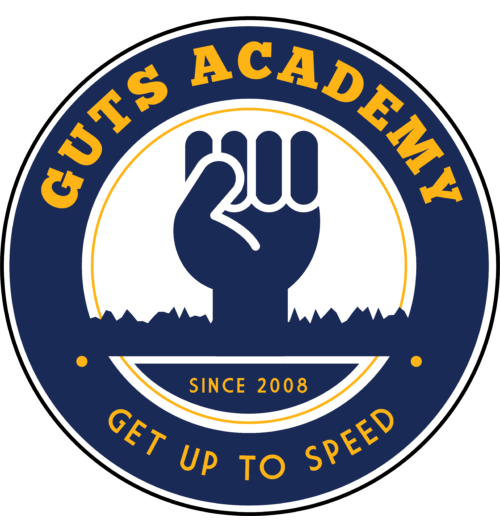When you assign chores to kids, you’ll probably hear some moaning and groaning. You may even decide to tie their chores with an allowance. They will be happy on payday, but not so much when they are expected to do work for the money.
Giving your kids chores teaches them much more than getting paid for work done. In many cases, they need to follow steps to perform the chores. If the kids are responsible for mowing the lawn, for example, they will need to check the oil on the mower, check to make sure there is gas, and then go through the motions to start it up. If they are required to do the weed whacking as well, they will need to learn that comes first.
Kids will also learn they have to do their chores on a regular basis. This routine instills in them the idea of a work ethic. Sticking with the mowing example, the kids will most likely have to do this once per week.
Even tasks that are seemingly easy and don’t require a routine, still require your kids to go through a process. For instance, if the kids need to load and run the dishwasher, they will first need to rinse some of the dirty dishes first. Then, they need to figure out how to load the plates efficiently enough so that they all fit and won’t break inside the machine. Then, they load the soap dispenser and turn on the machine. It’s a process just like any other.
Oddly enough, video games can teach kids about how to use routines to their benefit. Many of the games require them to go through certain sequences and steps to advance to the next round. They will need to learn these steps to keep the game fun and interesting. Video games are not all bad.
When kids play sports in school, they are subjected to drills by the coaches. These drills are meant to teach them the techniques needed to win games. These drills can be considered routines. They are meant to help the kids use the skills when they are playing the game. The more they do the drills, the less they will need to think about what to do when they start playing.
The routines kids learn from their chores will carry through to their adult life. When they start their working life, they will be well versed in processes and routines.
